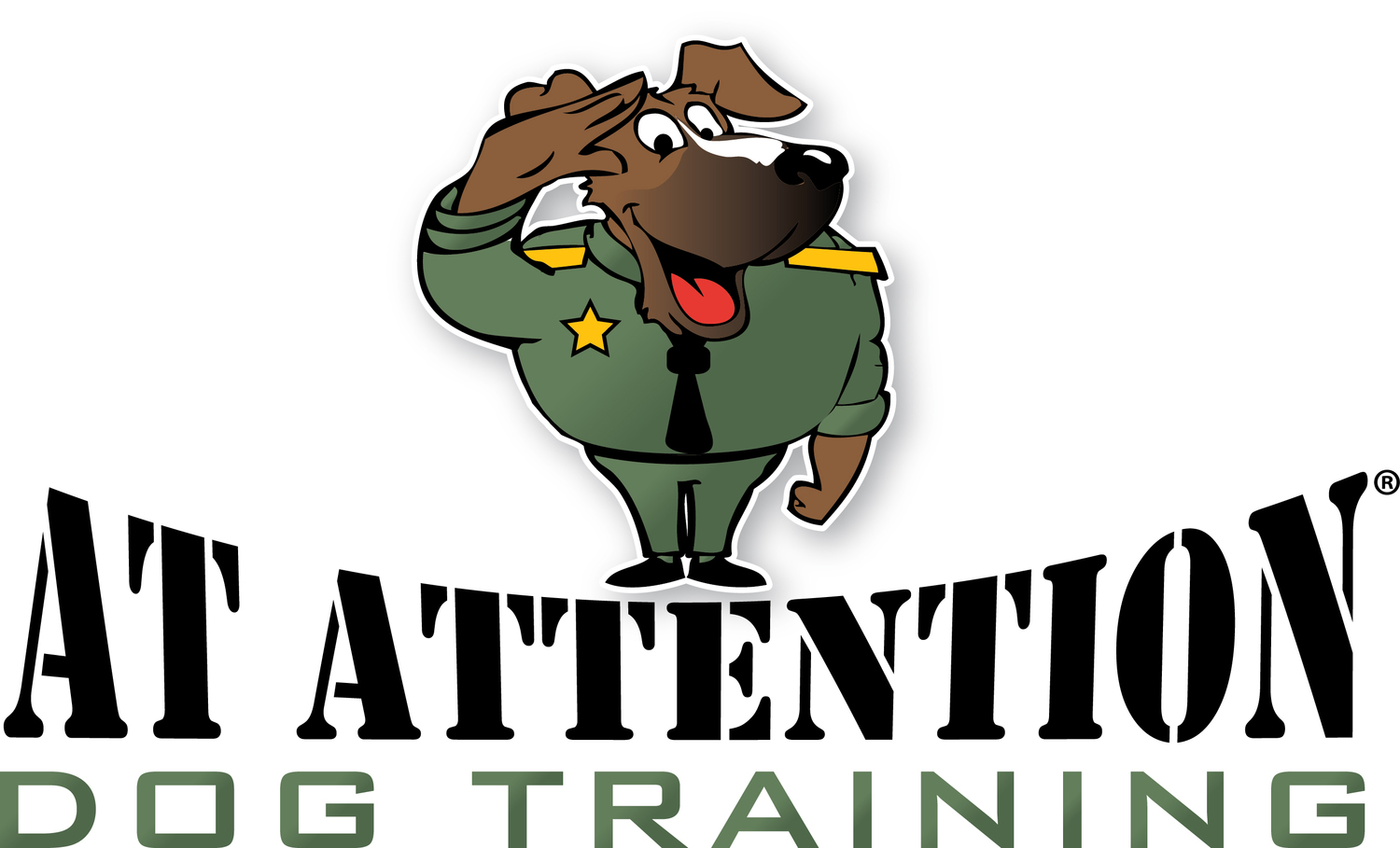It is important to understand how dogs think and learn so that we can teach them more effectively. While humans are mostly visual and communicate primarily through speech, dogs communicate through body language. Additionally, dogs have an acute sense of smell and hearing compared to their Homo Sapien owners. This means that the inputs and outputs for dog communication is wildly different than our own.
This is where the experienced dog trainer comes in. A good dog trainer can be thought of as a translator between the two species. Trainers like myself can read the body language of a dog and we can hold a 'conversation' with them strictly through the use of body language. This is how the effective dog trainer is going to communicate with the dog to achieve the desired results.
It is critical to the understanding of dog psychology to recognize that dogs do not process information analytically like humans do. While some owners may think that their dog is exhibiting a certain kind of emotion, more than likely, it is just a conditioned response. A great example of this is when the human (let's call him Fred) comes home and finds that his beagle (let's call her Sally) has ripped into the couch cushions and there are fuzzies / foam everywhere. Fred comes into the room and says "Sally! What did you do!!". Next, Sally gets low to the ground and looks up at her owner in a way that makes Fred say "Ok I see that you are sorry just don't do that again".
As a person who understands dog psychology and dog communication I can see what likely happened here. Fred spoke towards Sally in an assertive or even aggressive tone. Sally recognized the aggression of her owner and immediately started giving calming signals and signs of submission. Fred saw this as Sally communicating that she was sorry and then he drew back his aggression toward her. Eureka! Sally had just learned that those signals that she sent had decreased Fred's aggression. So, Sally had gotten what she wanted out of the situation which was to reduce human aggression. She had learned through this experience and is now highly likely to repeat those signals in the future when Fred is assertive or aggressive.
This is a bit of an oversimplification, but essentially all dog behavior can be tied to conditioning. That is, if a behavior is rewarding for Sally, then she is likely to repeat it. If a behavior is met with a non reward or a punishment, then the behavior is less likely to be repeated. This is common sense right? Wrong! most owners tend to anthropomorphize their dogs which means to attribute human form or personality to the dog. When this happens their ability to think objectively is compromised and not long after, behavior problems can arise. This is because the owners are no longer 'speaking dog' and are doing counter productive training with their dogs.
Don't fret though because almost all humans are perpetrators of this. It is natural and part of our built in empathic mechanisms. The good news is that their are trainers out there like me who are experts in dog psychology and communication and we can help you 'speak dog' to your companions and return your household to balance.



